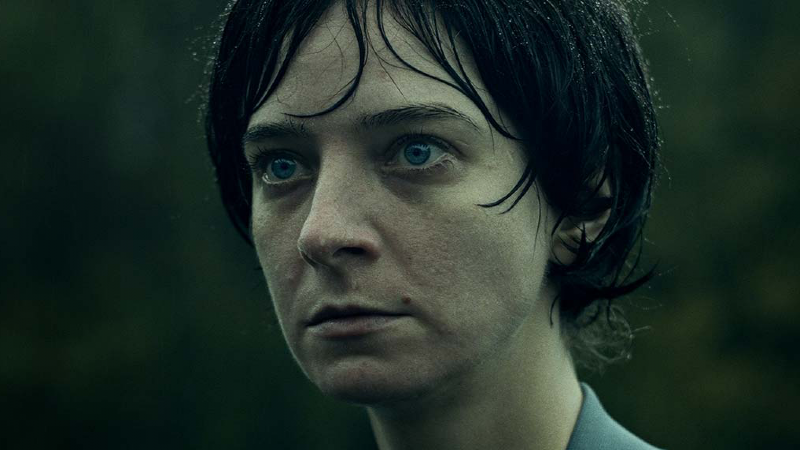QUICK SNAP: LIVE FROM TRANSYLVANIA
Step over, Euphoria (Sam Levinson, 2019-). When it comes up to hyper-attenuated and messed-up portrayals of youth, you have a serious contender from Iceland in the form of Beautiful Beings. Telling the story of four kids growing up in a rugged and beaten-down Reykjavik, it’s a dark, mysterious and complex portrayal of young life that is equal parts beautiful and grotesque.
It’s a 90s period piece. The main give away is the sheer amount these 14-year-olds smoke. Given that a pack of cigarettes in Iceland these days is just over £10, there’s no way that they could chain with the absolute glee seen here. Likewise, the country, known for its natural beauty, has never looked quite so depressing and ruinous. Director Guðmundur Arnar Guðmundsson and his team do some great location work here to depict a city that feels like one of the worst places in the world to grow up.
We start with Balli (Áskell Einar Pálmason), who comes from a broken home and is a shy reticent boy. His mother is off scoring drugs and drinking with friends, while his abusive step-dad is in jail. To make matters worse, he is terrorised by the cooler kids In the first of many violent scenes to come, he is smacked in the face with a branch. This attracts the attention of Konni (Viktor Benóný Benediktsson), Siggi (Snorri Rafn Frímannsson) and Addi (Birgir Dagur Bjarkason), who think it’s fun to terrorise Balli and make fun of his injuries. Nonetheless, Addi is revealed to be a far more sensitive soul, eventually reaching out to Balli and becoming his best friend.
Unlike many movies, where bullies are often one-dimensional and uninteresting, this film does a great job of showing the ways that bullies can become friends and friends can become bullies. But while Siggi bullies to fit in and Konni to assert power, Addi seems to do it just because he can. This also makes it easier for him to stop. But in a few strange dream sequences, he starts to sense violence coming around the corner, which finally erupts with incredible force and brutality.
The kids do a great job of navigating an almost-adultless world, free to run around, smoke, experiment with drugs and rib each other over the slightest deviation from the so-called masculine norm. Their lives are captured with handheld camera-work, soft colours and nuanced editing choices, resulting in a poignant portrait of broken youth, the cycle of violence and the difficulty of finding your place in such a terrible world.
Nonetheless, viewers should beware: there are scenes of sexual violence here that are likely to turn some people off. While the more joyful parts of the kids lives go someway counteract the misery-fest, they’re not quite handled with the nuance that such a difficult topic deserves. Despite this, the kindness and the tenderness remains. While adults may have ruined their chances of being better people, kids are often far more malleable. There’s still a chance that they’ll be alright.
Beautiful Beings plays in Competition at TIFF, running from 17th-26th June.









